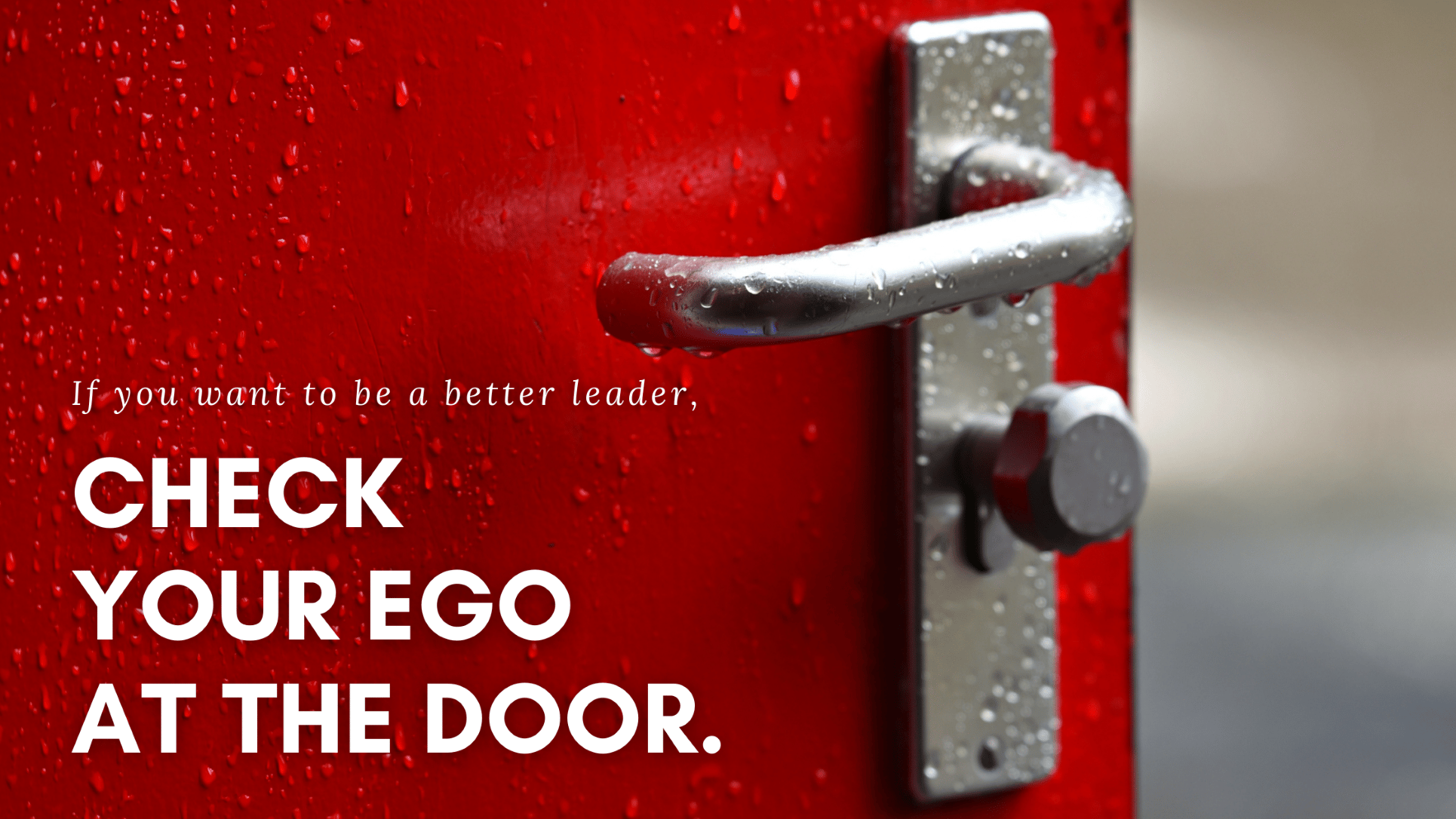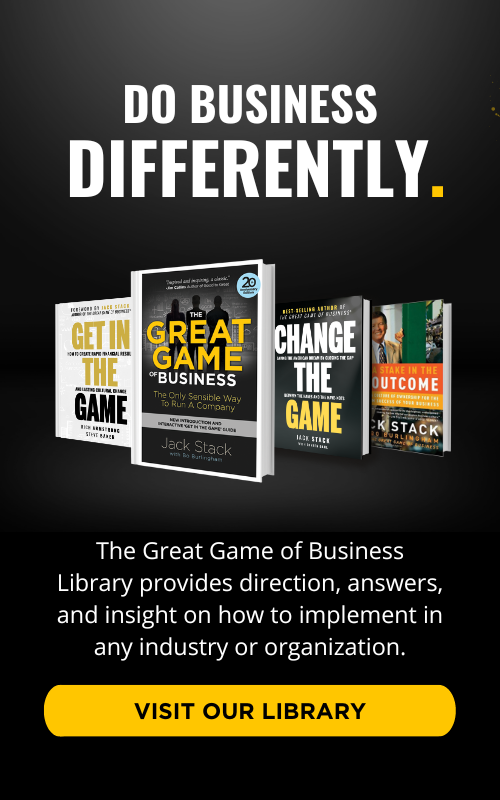
At a recent client planning session, the CEO was participating in a discussion about strategy, which led to a challenging question on the overall business model. ‘Should we remain more operationally focused, or redesign to be more outwardly “sales”-focused?’ It was an interesting question for sure, and the discussion yielded many new ideas.
But the most interesting part of the exercise for me was watching the team interact with each other in an intense debate over well-established norms in the business and whether or not to continue with the status quo or disrupt and rebuild with a new business model concept.
The CEO encouraged each team member to think strategically and not defend their own respective roles.
He quietly encouraged each leadership team member to argue for and then against each of the critical points in the discussion. The result was a redesign of the company and a complete agreement on how they will operate going forward.
<< Learn more about how we develop new leaders. Attend the Discover the Game workshop>>
How to Know If You Have Leadership Qualities
Leadership is such a HUGE field of interest and study around the world. Searching on Google for the word ‘leadership’ returned 4 billion, 110 million hits. We all have examples of what we consider to be great leadership and what looks like bad leadership.
It seems every leader has an individual idea about what s/he believes to be true about how leadership is developed and deployed. Those individual views and opinions can be very different and, depending on who the leader is and what group s/he is leading, can be effective or toxic. I have worked under both.
 At The Great Game of Business®, originators of ‘Open-book Management,’ we have leadership at the beginning of a 10-step process. Step #1 encourages those who want to open the books and share the numbers to ‘begin with the right leadership.’ How do they define the ‘right leadership’? After decades of application of their business principles with thousands of clients worldwide, they have found the answer to the question ‘What characteristics do ‘open–book’ leaders need to possess?’ There are four primary characteristics, as follows:
At The Great Game of Business®, originators of ‘Open-book Management,’ we have leadership at the beginning of a 10-step process. Step #1 encourages those who want to open the books and share the numbers to ‘begin with the right leadership.’ How do they define the ‘right leadership’? After decades of application of their business principles with thousands of clients worldwide, they have found the answer to the question ‘What characteristics do ‘open–book’ leaders need to possess?’ There are four primary characteristics, as follows:
-
Humility – ‘I don’t have all the answers’
-
Vulnerability – ‘I’m willing to ask for help’
-
Servant leadership – ‘I’m focused on the needs of the team and the company, not my own’
-
Courage – ‘I’m ready to open up and release control’
All four characteristics are critical for a Great Game™ leader to succeed. Still, humility stands out as the primary characteristic of great leadership regardless of which system is used to run the business.
My question is, ‘how does one develop humility when s/he has grown up in a business environment that encourages the use of power and authority to get things done?’
Sometimes, the narcissistic leader and full of hubris is the one that gets promoted to lofty levels within the organization. Humble leaders can be trampled upon and disrespected, often viewed as weak in companies with a narcissist at the helm. Hopefully, the days of charismatic, narcissistic leaders are in the past.
Being a Humble Human
An organization will follow its leader, good or bad. The entire culture of the company or organization develops around leadership. It is foundational to the business and drives progress towards strategy and execution in either healthy or toxic ways to the organization.

Patrick Lencioni writes about humility in his book ‘The Ideal Team Player’ Patrick is the founder of The Table Group and has written extensively on the topic of leadership. Humility is a common theme in his writing; in fact, the title of his book also serves as the core values of his company. A leader, along with every employee, must be Humble first.
Companies often develop into bureaucracies as they mature and grow to large sizes. Gary Hamel and Michele Zanini make the point that bureaucracy stifles humility in leadership. In their most recent book, Humanocracy (Hamel and Zanini, ©2020), leaders in bureaucracies are often protective of their ‘turf’ and will exhibit behaviors detrimental to developing future leaders.
As workers develop into leaders, both informal and formal, the environment in which they have operated in their careers shapes how they behave as a leader. But we don’t always have to be and reflect the habits learned in our earlier working environments.
Hamel and Zanini argue that a hierarchical, bureaucratic organization often promotes a dysfunctional leadership style. They argue that all employees can and should be involved in leadership. In an ideal environment, management would be superfluous and not needed in the company since most people working in the organization know what to do if given the opportunity. Numerous examples of downsized management are cited, including Nucor Steel (steel), Morningside Processors (tomatoes), and Haier (dry goods).
According to the authors, ‘The most important lesson to be gleaned from post-bureaucratic pioneers is that it’s possible to radically upskill what would otherwise be regarded as low skilled jobs – like operating a forklift truck, loading bags onto an airplane, or packing agricultural produce.’
It is very similar to the leadership ideal taught at The Great Game of Business. The workplace alchemy – turning dead-end jobs into get-ahead jobs- becomes possible when an employer can be more humble and engage his or her employees at a much deeper level.
Comparison of Leadership Concepts
Comparisons of the leadership approaches of Humanocracy and Open-book Management are as follows:
Humanocracy |
The Great Game of Business |
|
Teaches frontline staff to think like businesspeople |
Business and Financial Literacy |
|
Cross-trains associates and organizes them into small, multifunctional teams |
Departmental Accountability and Scoreboarding |
|
Gives these teams accountability for a local P & L |
Forward Forecasting, Weekly Huddles |
|
Pairs new employees with experienced mentors |
Trainings such as, Financial Literacy, Leadership, and Strategic Planning |
|
Encourages employees to identify and tackle improvement opportunities |
MiniGames™: Short-term incentives built around a goal, defined timeframe, scoreboard, and prizes |
|
Grants associates the time and resources to run local experiments |
Automony by educating, empowering and engaging your employees to make the decisions needed to better the business |
|
Gives employees a financial upside that encourages them to do more than their job strictly requires |
Incentive-based profit sharing |
|
Treats every individual and role as indispensable to collective success |
Worldview that all businesses should be ran in in a transparent, open, people-centric manner |
*Humanocracy; Ppg xvii
In summary, becoming a humble leader is essential for developing trust with employees and growing the business. Engaging all employees to participate in managing the business is critical for buy-in and long-term success. The Great Game of Business teaches that people support what they help create, so getting everyone involved in the process can be very fulfilling and fruitful. Hamel and Zanini make a case for employee engagement and humility, and Lencioni believes humility is first and primary to achieve success and growth.
.png)







.png)




-5.png)

